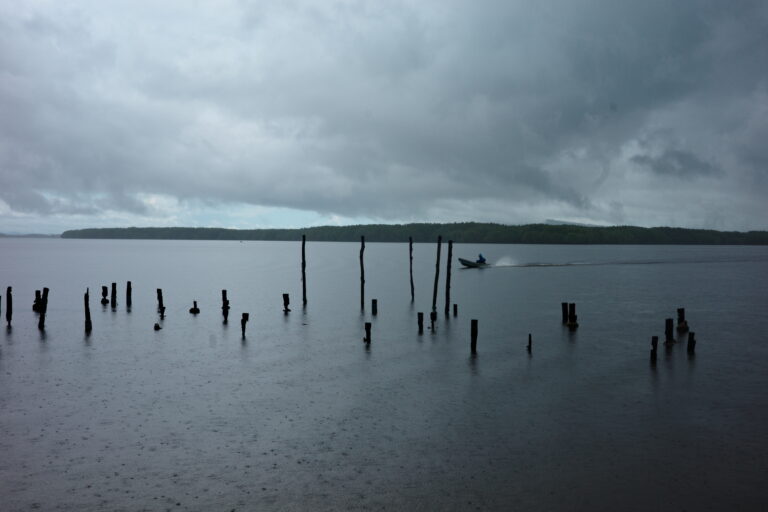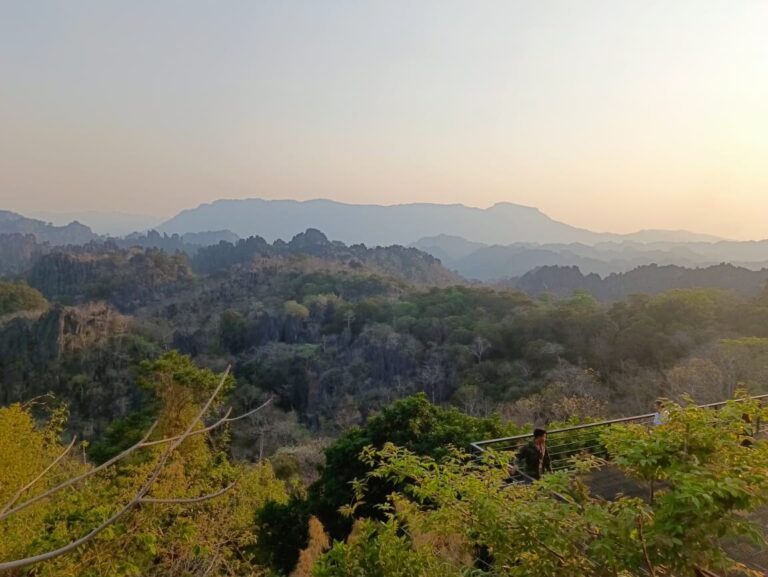Project Description
The O Mon IV Power Plant, located in Can Tho City in Vietnam’s Mekong Delta—a region among the world’s most climate-vulnerable—faces significant climate-related risks that could undermine the performance and lifespan of its infrastructure. With support from the Asian Development Bank (ADB), ICEM conducted a rapid climate change threat and vulnerability assessment of the O Mon IV combined cycle power station. The study aimed to evaluate the potential impacts of increased flooding, storm intensity, and seasonal weather variability on the plant’s infrastructure and operations due to projected climate change.
Objectives, Activities and Results
The study’s main objectives included collecting and reviewing existing downscaled climate modeling data for Can Tho, simulating hydrodynamic changes such as sea level rise, storm surges, and river temperature variations using these projections for 2025 and 2050 under A2 and B2 IPCC scenarios. The vulnerability assessment evaluated the plant’s resilience based on its current design features, including elevation above sea level, dyke protection, and thermal water discharge limits. Key results included a final report identifying high-risk impacts, such as increased flood exposure and rising water and air temperatures, and prioritizing adaptation needs to enhance the plant’s climate resilience.



